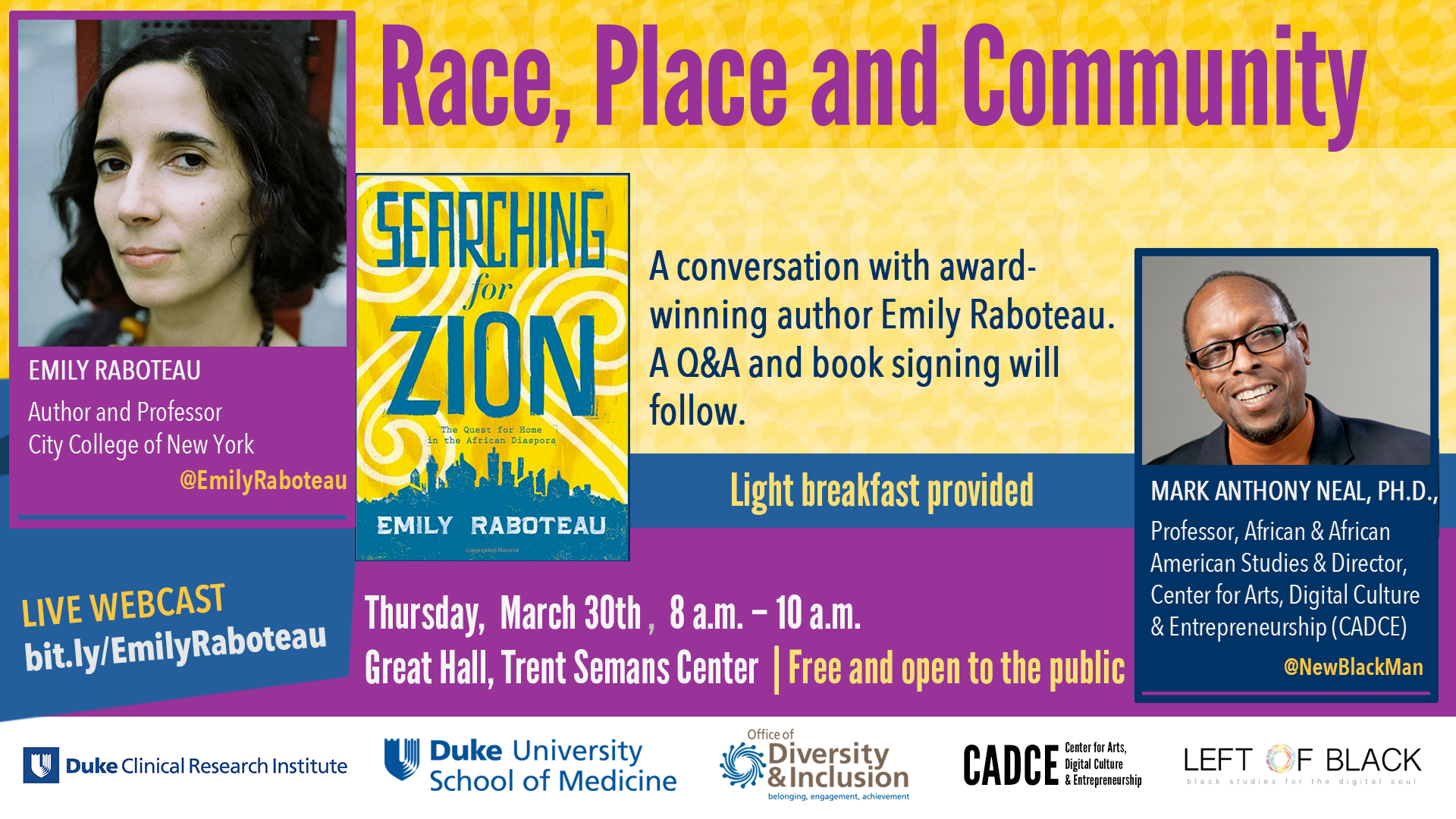‘Mixture is a Neoliberal Good’: Mixed-Race Metaphors and Post-Racial Masks
darkmatter: in the ruins of imperial culture
ISSN 2041-3254
Post-Racial Imaginaries [9.1] (2012-07-02)
Daniel McNeil, Associate Professor of History, Migration and Diaspora Studies
Carleton University, Ottawa, Canada
This fight for democracy against the oppression of mankind will slowly leave the confusion of neo-liberal universalism to emerge, sometimes laboriously, as a claim to nationhood. It so happens that the unpreparedness of the educated classes, the lack of practical links between them and the mass of the people, their laziness, and let it be said, their cowardice at the decisive moment of the struggle will give rise to tragic mishaps.
—Frantz Fanon, The Wretched of the Earth
Many conservative commentators reacted to the terrorist attacks on September 11th 2001 with platitudes about the clash of civilizations. Robert Fulford, a prominent cultural critic for the Canadian National Post, was one of the few to tie a post-9/11 context to the fortieth anniversary of Frantz Fanon’s death. In an article strategically published at the beginning of Black History Month, Fulford claimed that Fanon’s classic texts were invoked and not read, as if The Wretched of the Earth was just another ironic commodity for consumers full of sound and fury who wear images of Malcolm X and Che Guevara without knowing anything about their commitment to human rights. To go further, he maintained that Fanon should be remembered as a ‘poisonous thinker’ who helped usher in a culture of violence and victimization in the West.
Providing a critical alternative to Fulford, activists and scholars marked the fiftieth anniversary of Fanon’s passing with extensive discussions of his impact on social justice movements and intellectual debates about existentialism, phenomenology and psychoanalysis. This short article takes a rather circuitous route to their commentaries on the legacy of Fanon’s explorative, suggestive and provocative work. It argues that the loaded metaphors Fanon used to target ‘half-breed’ translators in the 1950s and 60s have been creatively adapted by transnational intellectuals in their critique of forms of neoliberal multiculturalism that privilege the multiracial American citizen as a subject more universal and legitimate than even the multicultural world citizen.
The article revolves around three sections and three conceptual metaphors in its attempts to address an oft-repeated element of Fanon’s work that has rarely been the subject of extended analysis or critical inquiry. The first section introduces three popular metaphors about mixed-race objects and ‘racial bridges’ that Fanon used to invoke the threat of bestial, immature and consumerist Others – metaphors that were not swept away by the winds of change in the 1960s, or the decline and fall of Black internationalist movements in the 1970s. It contends that similar metaphors and similes continue to frame representations of mixed-race individuals that emerged after the neoliberal revolution of the 1970s and 80s called for ‘new’ multicultural identities to replace ‘old-fashioned’ notions of racial essences. The second section documents how intellectuals such as David Theo Goldberg, Paul Gilroy and Lewis Gordon have engaged with Fanon and mixed-race metaphors in order to critique the slyness of neoliberal agents in the age of Obama. The third and final section also addresses three writers – Jared Sexton, Paul Spickard and Mark Anthony Neal – who have developed work on multiracial national subjects in the United States. The short conclusion contends that Sexton’s Amalgamation Schemes: Antiblackness and the Critique of Multiracialism avoids some of the pitfalls of national consciousness evident in the work of Spickard and Neal – and engages with the diasporic work of Fanon and ‘Fanon’s children’ in order to challenge multiracial, and post-racial, environments that deny the legitimacy of African American anger. In short, it uses Sexton’s vision of a global African American studies to illuminate some of the discordant affinities between more insular visions of ethnic American studies and the cultural project of neoliberal multiculturalism in the late twentieth and early twenty-first centuries…
Read the entire article here.


